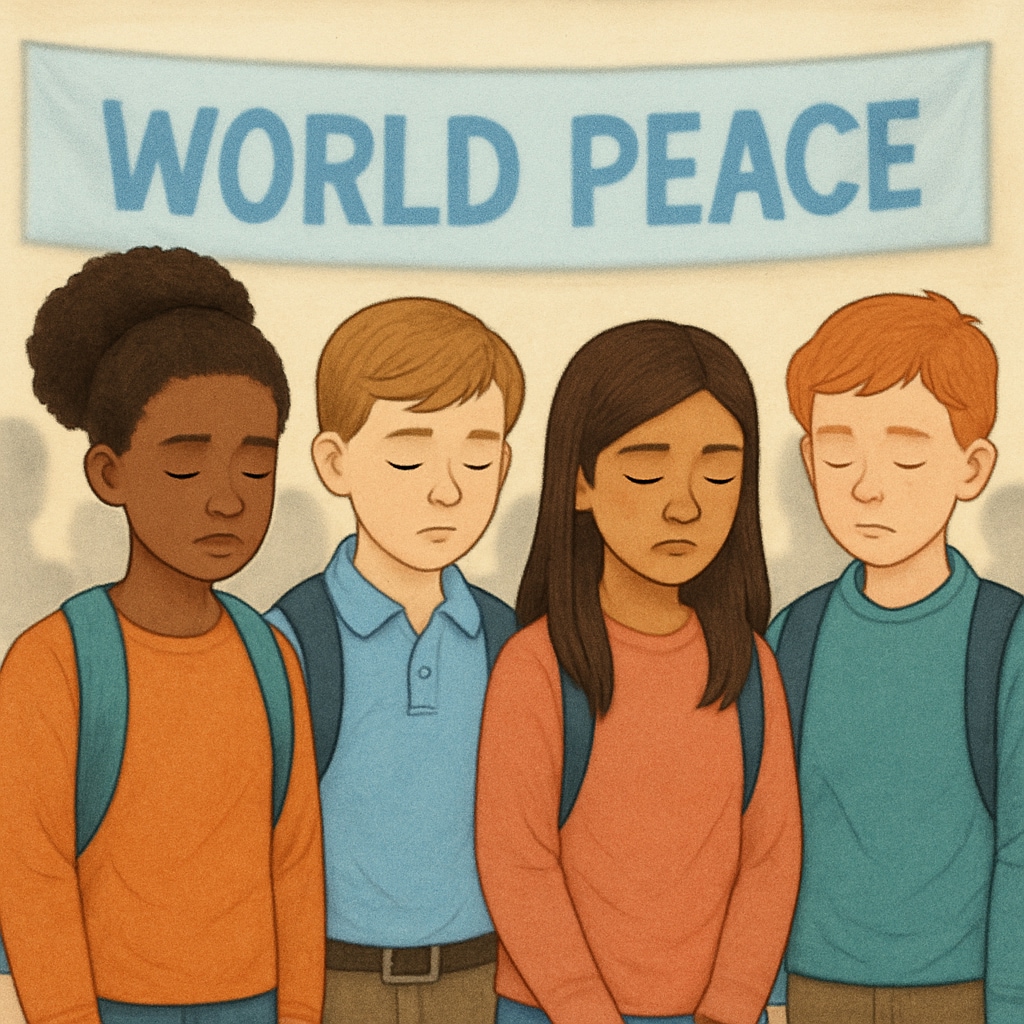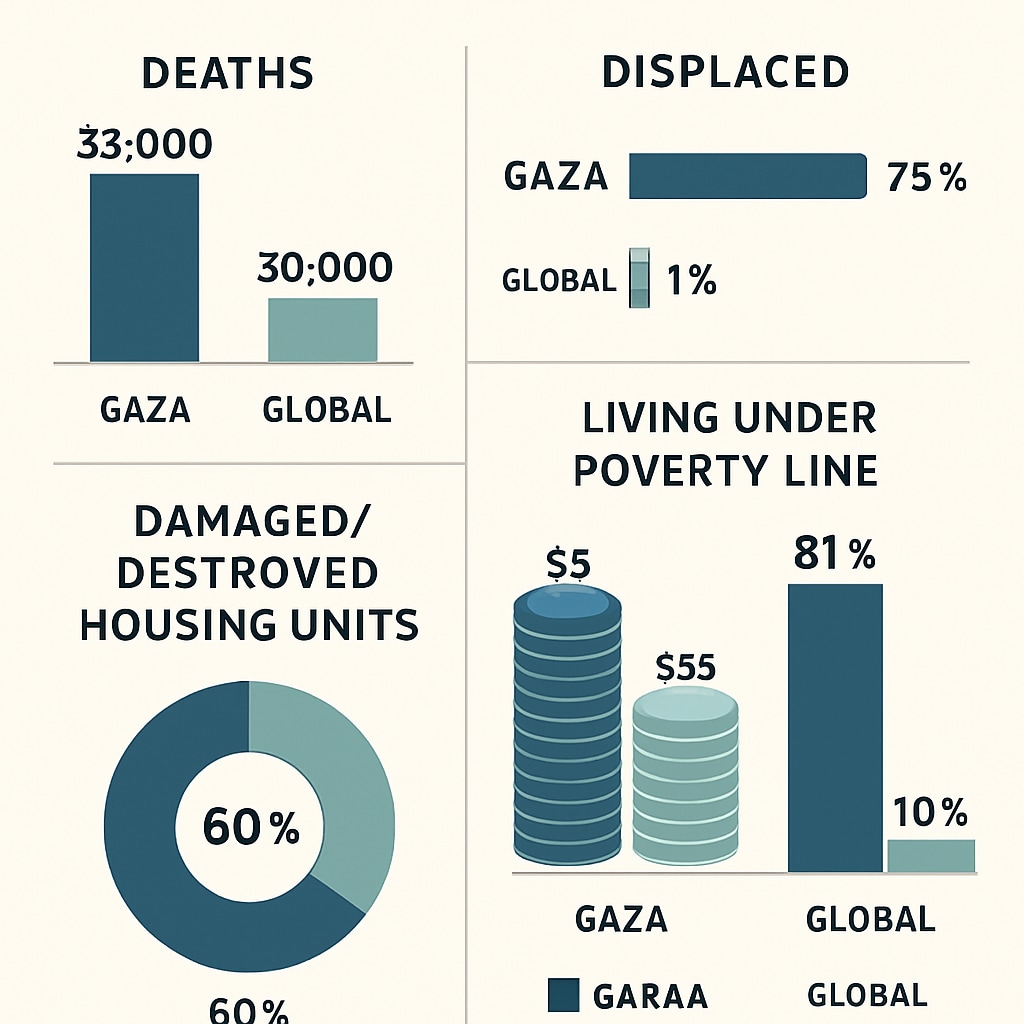The practice of “Gaza mourning, generalization, controversy avoidance” has become increasingly common in K12 schools worldwide. Instead of addressing the specific humanitarian crisis in Gaza, many institutions opt for broad commemorations of “all war victims.”

The Neutrality Trap in Sensitive Education
Schools often justify this generalized approach by citing:
- Concerns about political bias (perceived as violating educational neutrality principles)
- Fear of parental or community backlash
- Lack of age-appropriate teaching resources about complex conflicts
However, this avoidance creates what scholars call “context-free mourning” – emotional responses detached from historical and political understanding.
Educational Consequences of Generalized Commemorations
When schools reduce the Gaza crisis to a generic tragedy, students may develop:
- Oversimplified views of international conflicts
- Difficulty distinguishing between different types of humanitarian emergencies
- Reduced capacity for critical analysis of media coverage

Research from peace education studies shows that vague commemorations are less effective than context-specific learning in developing empathy and civic engagement.
Alternative Approaches for Schools
Rather than complete avoidance or extreme generalization, educators could consider:
- Age-appropriate fact-based discussions about the region
- Comparative analysis of different humanitarian crises
- Projects connecting mourning to actionable compassion
As the “Gaza mourning, generalization, controversy avoidance” debate continues, schools must balance their roles as neutral spaces and truth-teaching institutions. The current trend risks creating generations who understand suffering in the abstract but lack tools to address its concrete causes.


